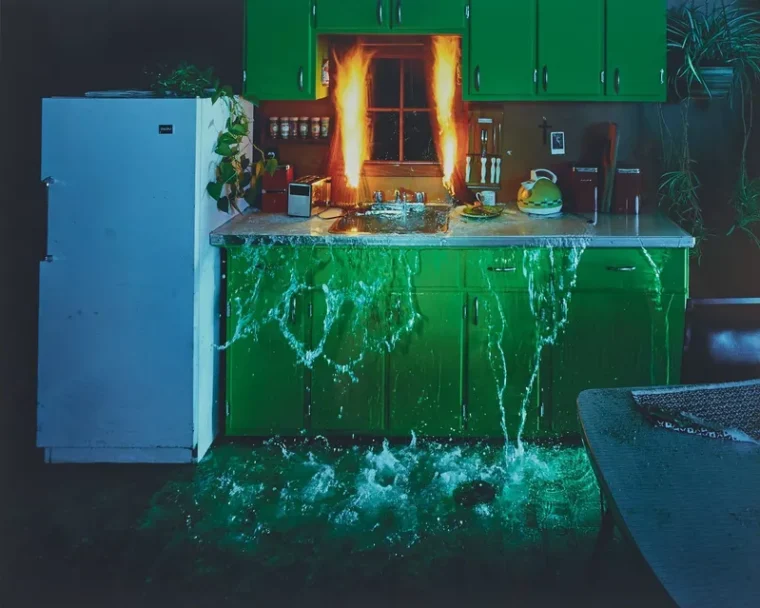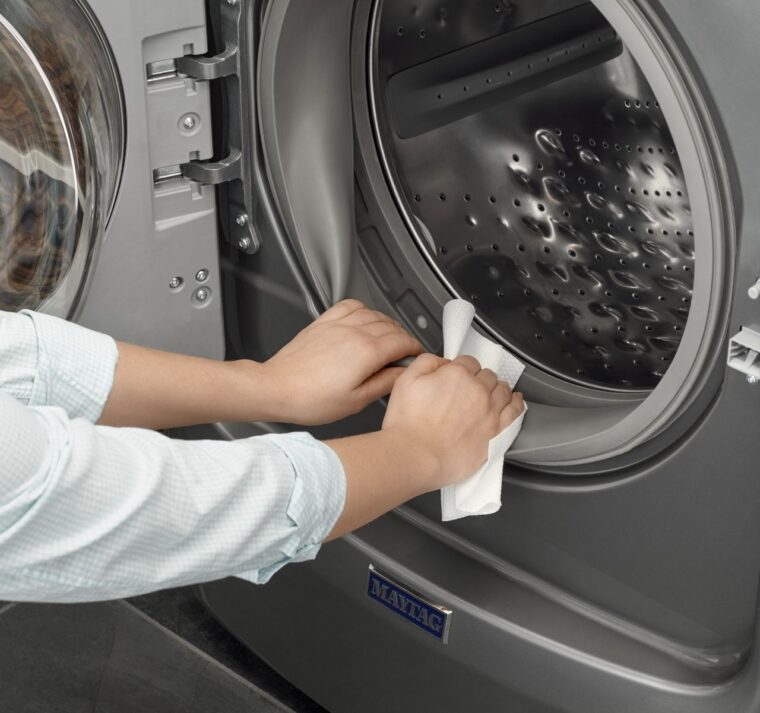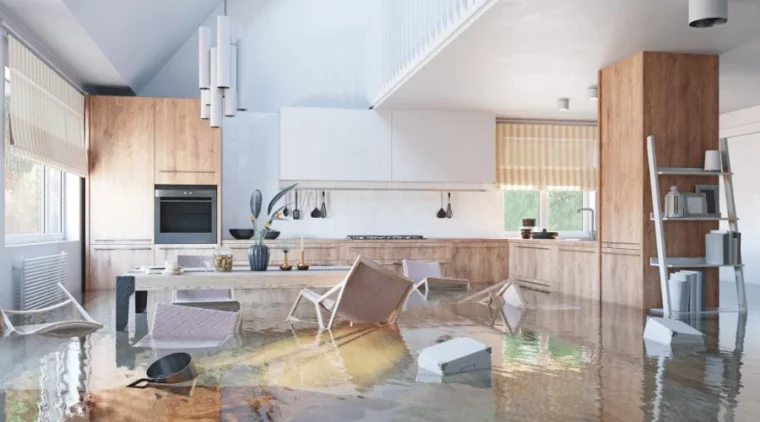Water damage in the kitchen can be a costly and time-consuming problem to fix. From small leaks to major floods, there are many potential causes of damage in this room of the house. If you are already facing some of these issues, the best solution is never to play around and hire experts that can quickly fix the problem.
In that matter, check out PacwestRestoration. Moreover, prevention is the key. This article will explore some of the most common causes of kitchen water damage and provide tips on how to prevent and address them.
1. Leaking Faucets
Leaking faucets are a common cause of damage. A small drip from a worn-out washer or valve can add up to a significant amount of water over time, damaging the surrounding cabinets, flooring, and other areas.
To avoid this type of water damage, it is important to keep an eye on your faucets for any signs of leaks and have them repaired or replaced as soon as possible. You can check for leaks by monitoring your water bill. If it is higher than usual, it could indicate a leak. Also, check the faucets and valves for any drops or drips.
2. Overflowing Sink

An overflowing sink is another common cause. A clogged sink or garbage disposal can cause water to overflow, damaging the cabinets, flooring, and other surrounding areas. To prevent this, it’s crucial to regularly maintain your sink and garbage disposal by cleaning them and removing any debris that may cause blockages.
Also, ensure to use your sink and garbage disposal properly, and avoid disposing of large or hard-to-grind items. Also, it’s good practice to check the sink and garbage disposal for any clogs or blockages; if you find any, remove them immediately.
3. Dishwasher Leaks
Dishwasher leaks can also lead to damage in the kitchen. A leaky dishwasher can cause water to seep into the surrounding cabinets and flooring, causing damage to both. To prevent this, checking the dishwasher for leaks regularly and having any issues fixed promptly is important.
In addition, make sure to check the dishwasher’s seals and hoses for wear or damage and replace them as needed. Consider investing in resistant hoses from reliable providers such as hoseshop.com, for enhanced durability and longevity. Also, ensure that the dishwasher is installed correctly and level to prevent leaks.
4. Refrigerator Leaks
A leaking refrigerator is another potential cause. A leak in the water line or icemaker can cause it to seep into the surrounding flooring and cabinets. To prevent this, it is important to check the line and icemaker for leaks regularly and have any issues fixed promptly.
Additionally, ensure that the water supply line is connected correctly and tight. Also, keep an eye on the water supply line for any signs of leaks, such as stains or condensation.
5. Washing Machine Leaks

Washing machine leaks can also cause the damage in the kitchen. For example, a leak in the water line or hose can cause water to seep into the surrounding flooring and cabinets. To prevent this, it’s important to regularly check the washing machine’s supply hoses for any signs of wear or damage and replace them if necessary.
Also, ensure the washing machine is installed correctly and properly to prevent leaks. Additionally, it’s a good idea to keep an eye on the area around the washing machine for any signs of damage, such as stains or mildew.
6. Clogged Drains
Clogged drains are another common issue. For example, a clogged sink or garbage disposal can cause water to back up, damaging the surrounding cabinets, flooring, and other areas. To prevent this, it’s important to regularly maintain your kitchen drains by cleaning them and removing any debris that may cause blockages.
Additionally, avoid disposing of large or hard-to-grind items down the drain, and use a drain strainer to catch any food particles or debris. If you notice water backing up in the sink or garbage disposal, try using a plunger or snake to remove the blockage. If the blockage persists, it may be best to call a plumber for assistance.
7. Flooding

Flooding in the kitchen can occur due to various factors, such as heavy rainfall, a broken pipe, or a malfunctioning appliance. Flooding can cause severe water damage and should be addressed immediately. The best way to prevent flooding in the kitchen is by keeping an eye on weather forecasts and taking necessary precautions during heavy rainfall. Talk with a local company like Advanced-restroation.com if you need flood cleanup fast!
Moreover, ensure that your appliances are in good working condition and have them serviced regularly. Finally, if you notice water or signs of flooding in the kitchen, turn off the main water supply and call a plumber or water damage restoration company immediately.
Always Hire an Expert
Hiring an expert when dealing with water damage in the kitchen is the right choice for several reasons. First and foremost, experts have the necessary training and experience to assess and repair the damage properly. They have the knowledge and tools to identify the water’s source and the damage’s extent, which is crucial for determining the appropriate course of action.
They can also properly identify and address any potential mold or mildew issues, which can be dangerous to a person’s health if not handled properly. These experts have the proper equipment to remove and dry the affected areas and repair or replace any damaged materials.
While hiring an expert is often the recommended choice when dealing with water damage in the kitchen, there are some instances where a DIY approach may be a good option. For example, suppose the water damage is minimal, such as a small leak or spill, and the affected area is easily accessible. In that case, cleaning and drying the area may be possible without needing professional assistance.
However, it is important to remember that DIY repairs can be risky and may not be as effective as professional repairs. Therefore, it is crucial to properly assess the damage and determine if it is safe and appropriate to attempt a DIY repair. If in doubt, it is always best to consult with a professional to ensure that the damage is properly repaired and that there are no potential health hazards.
